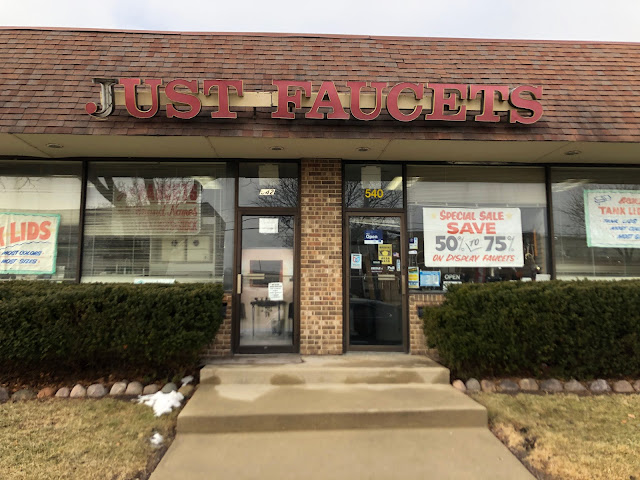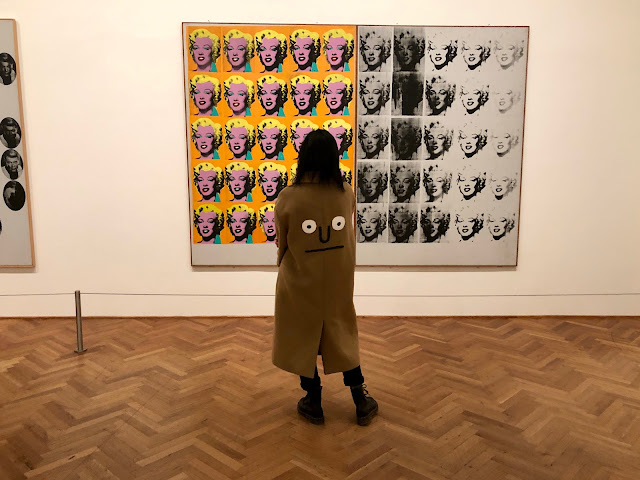Though I had not set foot inside in four months, I hoped to avoid the office when I went downtown Tuesday. There would be no one there, and nothing but a bit of mail, and who writes letters to newspapers nowadays? Cranks and haters, and the ceaseless accumulation of Poetry Magazine, which is almost frightening, considering what somehow gets through what one assumes has to be a vigorous vetting process. Given what they print, what must they receive? The heart breaks for the editors. I suppose the bright spin is that though these verses do not speak to me, generally, they must speak to someone.
One hopes.
Though there in the pile was a reward, a new missive from Alan P. Leonard, who six times has graced this blog with his sadly not-at-all unique worldview.
When last we heard from him, in 2019, Mr. Leonard had entered what struck me as a mature phase, and I'm happy to report that he continues to progress. Gone, or at least submerged, is the self-abased sprawl before the former Liar in Chief, as well as the nauseating, unashamed racism at the heart of Trumpism. In its place, Mr. Leonard expresses something that I believe is both entirely true and perhaps even important to understand. When that happy day comes when the Trump enormity is finally exiled safely to the past, we will have to deal with the reality of the large fraction of the America public, from a third to 49 percent, who embraced his blathering self-regard, his addiction to lies, his cruelty and strutting xenophobia and cowardly racism, and of course his war against democracy, its values and norms.
How shall these people be viewed? How can America take pride in herself knowing how many readily abandoned her bedrock practices, and all to glorify a clown? Our best path toward understanding and forgiveness is here expressed by Mr. Leonard, albeit inadvertently: that part of America collected together in a tribal knot, like a band of homo habilis sleeping in a pile for warmth 100,000 years ago. Yes, unlike our ancestors, they are responsible for blocking the outside world, and rejecting all thought they did not already believe. But that was the way of their brethren, their environment. You can't haul a translucent blind fish up from the depths of the ocean and fault it for not being an owl. They developed and grew adjusted to the world around them. Alas.
Yet growth and change is available to all, even the most debased among us. Even Mr. Leonard is maturing, both in tone and stationery, abandoning the odd time warp letterheads of the past for something more simple, nearly adult. The orange is almost pleasing.
Anyway, enough prelude. I give you Mr. Leonard and his inarguable truth:








